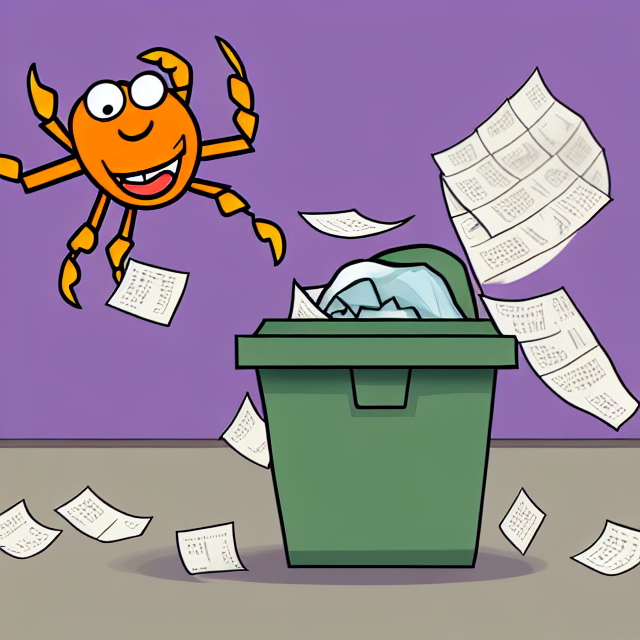https://github.com/aminezouitine/rmt.rs
Rmt is similar to the rm command but saves the deleted elements in the trash and restores them. Rmt is written in Rust 🦀
https://github.com/aminezouitine/rmt.rs
cli command-line command-line-tool contributions-welcome help-wanted open-source rm rust
Last synced: 4 months ago
JSON representation
Rmt is similar to the rm command but saves the deleted elements in the trash and restores them. Rmt is written in Rust 🦀
- Host: GitHub
- URL: https://github.com/aminezouitine/rmt.rs
- Owner: AmineZouitine
- License: mit
- Created: 2022-09-24T12:04:43.000Z (about 3 years ago)
- Default Branch: main
- Last Pushed: 2023-11-18T04:39:20.000Z (almost 2 years ago)
- Last Synced: 2025-06-20T14:49:57.865Z (4 months ago)
- Topics: cli, command-line, command-line-tool, contributions-welcome, help-wanted, open-source, rm, rust
- Language: Rust
- Homepage:
- Size: 239 KB
- Stars: 306
- Watchers: 5
- Forks: 14
- Open Issues: 7
-
Metadata Files:
- Readme: README.md
- Contributing: CONTRIBUTING.md
- License: LICENSE
Awesome Lists containing this project
README
# 🗑️ Rmt.rs

Fun fact: Stable diffusion generated this logo 🎨
**Rmt** is similar to the **rm** command, but it allows me to **save the deleted elements in the trash**. If you wish, you can restore the previously deleted elements of your choice (or delete them forever) with a **cli**.

## 👨🏽💻 Installation
### ⚡️ Quick start
Download the binary depending on your configuration here: https://github.com/AmineZouitine/rmt.rs/releases
Then you just need to enter this command in your terminal:
```sh
tar -xf rmt && sudo mv rmt /usr/local/bin
````
### 😎 Pro tip (optional)
Add **rmt** as an **alias** instead of the **rm** command.
## Features
### 🚮 Delete an element (but it is saved in the trash don't worry)
```sh
rmt [OPTION]... [FILE|FOLDER]...
Exemples:
rmt text.txt
rmt * -- -text.txt
rmt folder test.txt *.sh
```
✨ I like to use **-f** option, to remove all the warnings.
### 📺 Launch GUI to restore or flush elements
```sh
rmt --td
```
### ❌ Flush all element from the trash
```sh
rmt --tf
```
### 🔎 Informations about the trash
```sh
rmt --ti
```
## 🔧 Using the configuration file (Not stable yet)
You can customize the behavior of the trash bin by editing the configuration file located at **~/.trash_rmt/config_rmt.yml**.
Currently, you have the option to encrypt your data so that it becomes unreadable from the trash. Compression is a feature that will be available in the future.
```yml
compression: true
encryption: true
trash: null
```
## 🫵 Contribution
You can find all the information in the file [**CONTRIBUTING.md**](./CONTRIBUTING.md). Hoping to see you soon in my pull request 😊